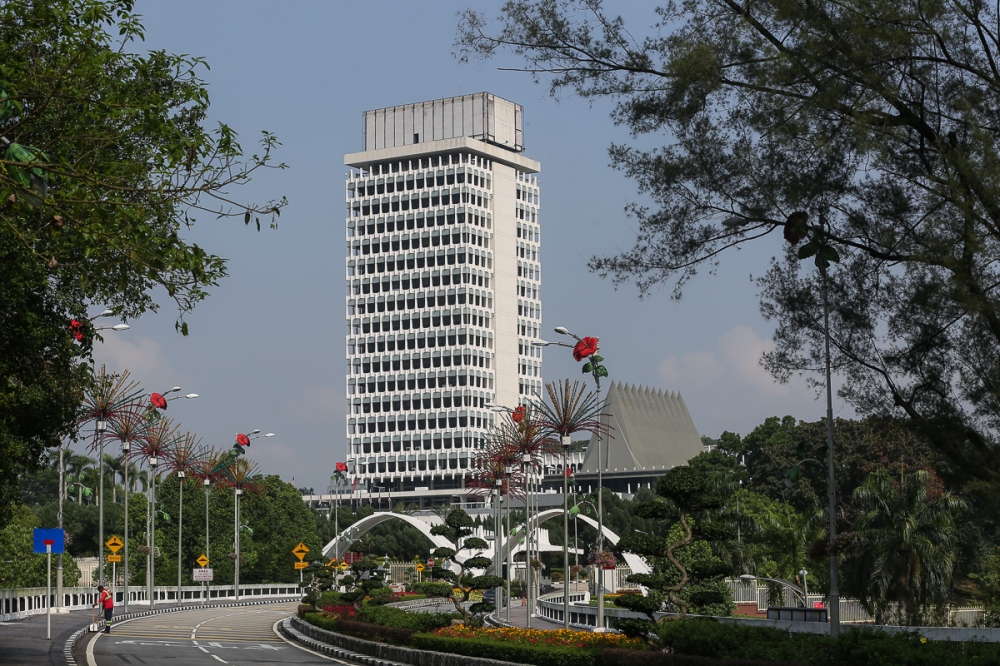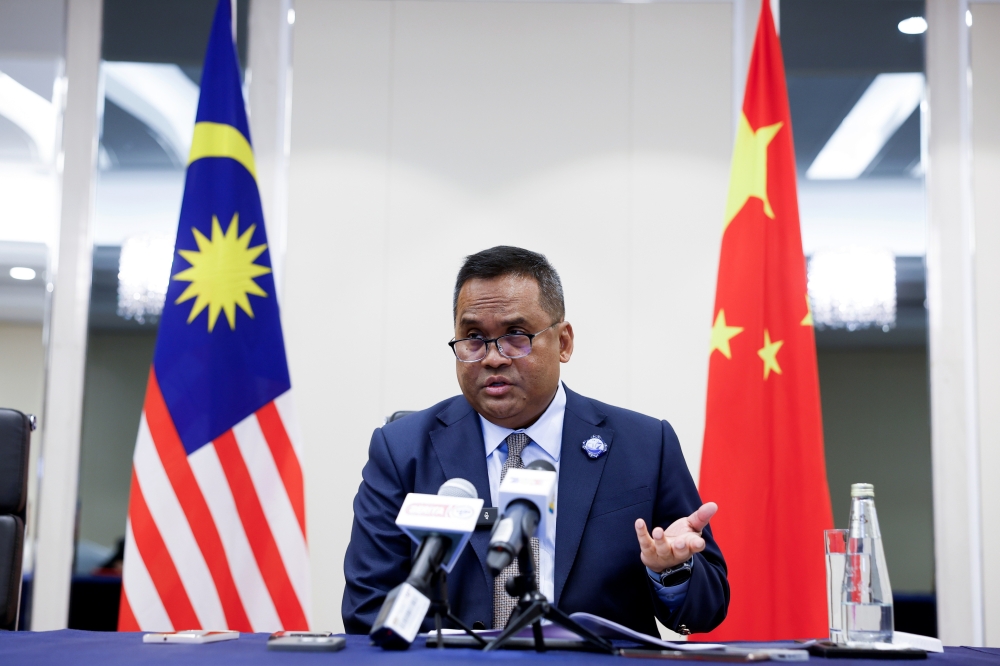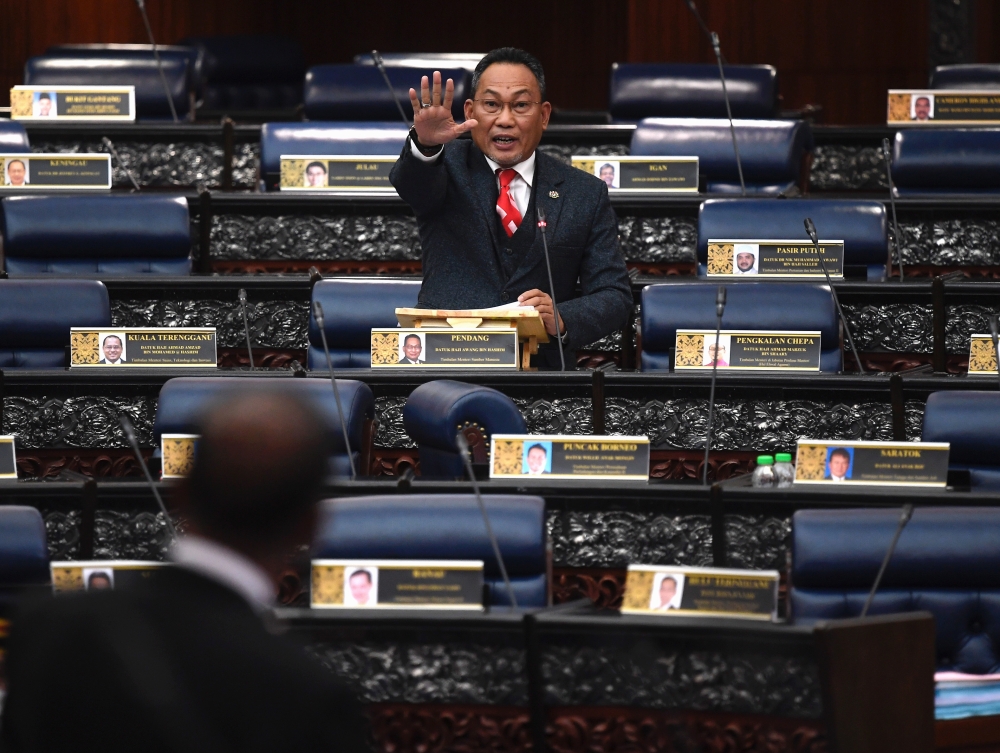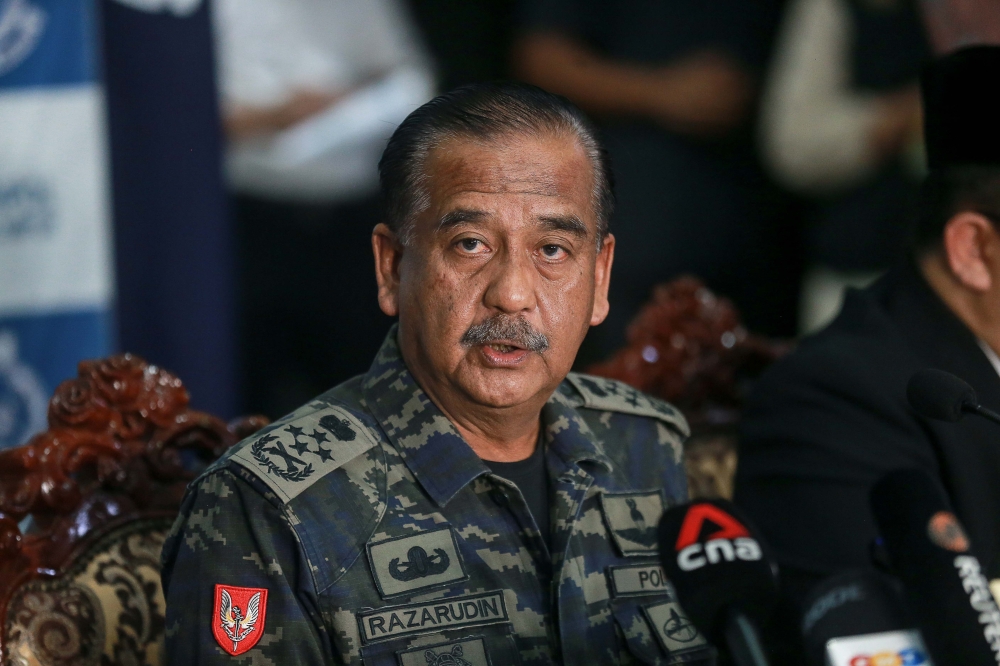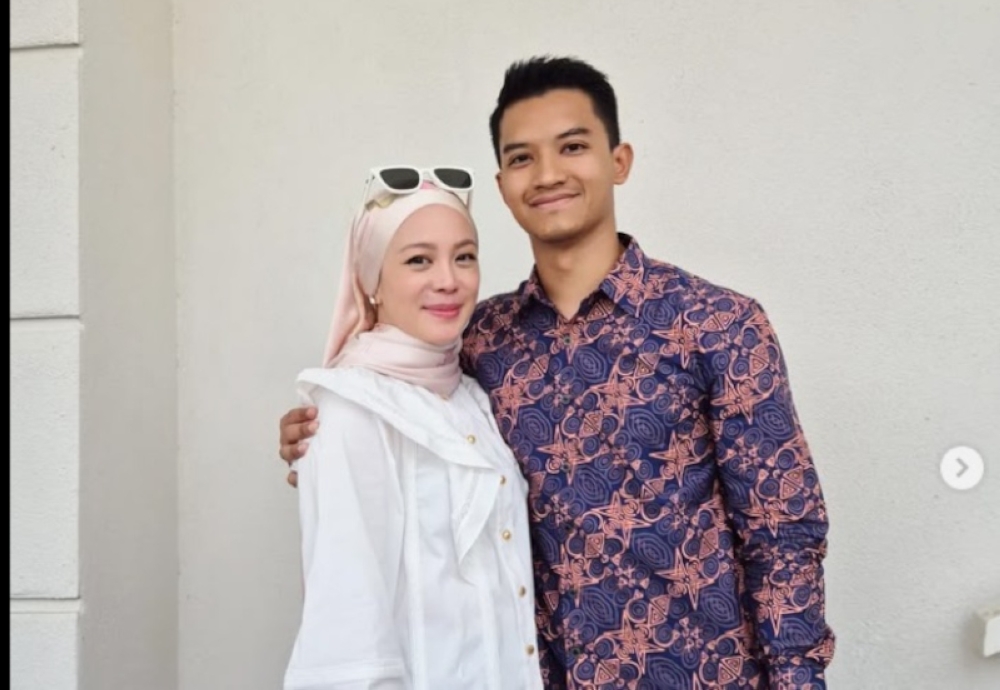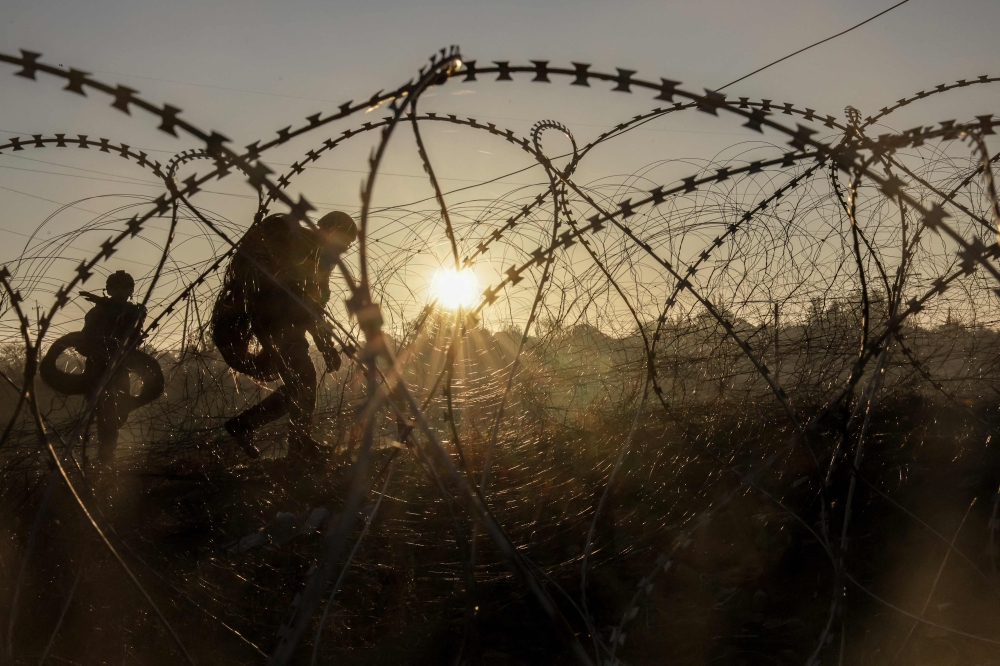RIYADH, March 31 — Finance ministers and central bankers from the Group of 20 major economies met by videoconference today, for the second time in just over a week, to discuss their response to the coronavirus pandemic and its impact on the global economy.
Leaders of G20 countries pledged last week to inject over US$5 trillion (RM22 trillion) into the global economy to limit job and income losses from the outbreak, while working to ease supply disruptions caused by border closures intended to limit transmission of the virus.
They also committed to fund all necessary measures to stop the virus’s spread and expressed concern about the risks to fragile countries, notably in Africa. They acknowledged a need to bolster financial safety nets — an expected topic of today’s discussions.
The leaders told their top finance officials to coordinate regularly with each other and with international organisations to develop an action plan in response to the pandemic, which by Tuesday had infected around 780,000 people and killed more than 37,000.
G20 trade ministers agreed yesterday to keep their markets open and ensure the continued flow of vital medical supplies, equipment and other essential goods.
The group has been accused of being slow to respond to the outbreak, which is expected to trigger a global recession as governments impose curfews and shut businesses.
Thoraya Obaid, who heads the Saudi Women 20 group, which campaigns for gender equality and empowerment, said the G20 leaders must recognise that women are disproportionately affected as primary caregivers and frontline health workers, and should be better represented in planning the response.
“Any policies that will be put in place have to ensure that money is allocated for supporting women’s role as caretakers (carers) — day-care centres for children, more care for the elderly — so that women will be helped in their roles,” she told Reuters as the videoconference got under way.
The G20 brings together Australia, Canada, Saudi Arabia, the United States, India, Russia, South Africa, Turkey, Argentina, Brazil, Mexico, France, Germany, Italy, Britain, the European Union, China, Indonesia, Japan and South Korea. — Reuters



